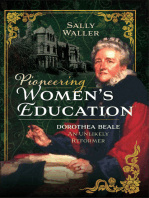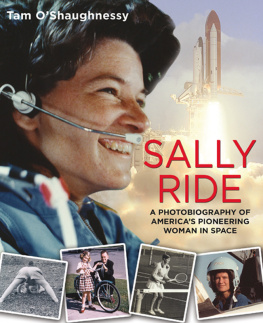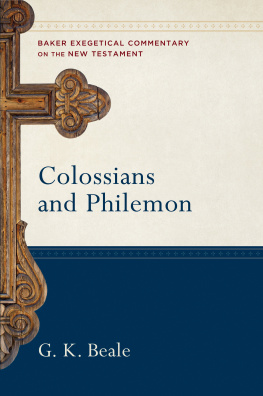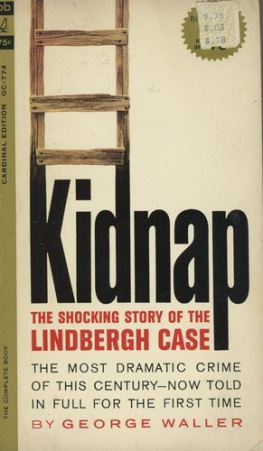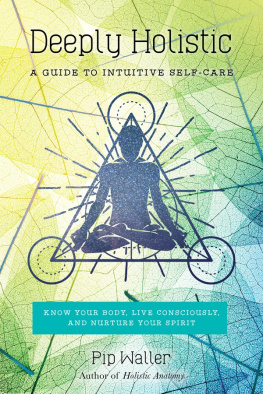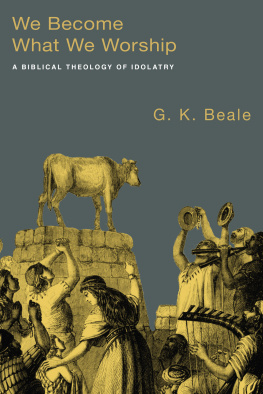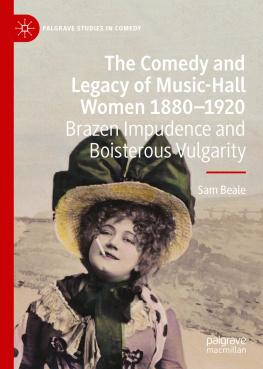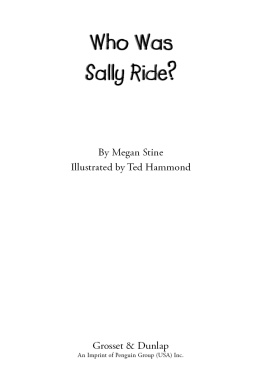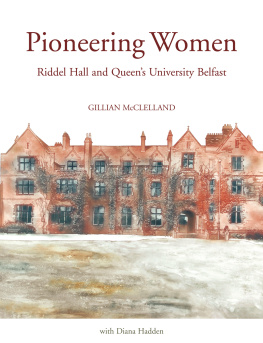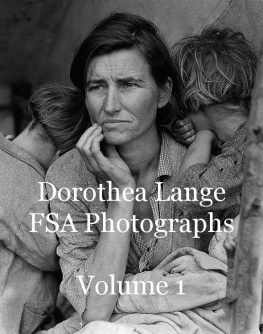Sally Ann Waller - Pioneering Women’s Education: Dorothea Beale, An Unlikely Reformer
Here you can read online Sally Ann Waller - Pioneering Women’s Education: Dorothea Beale, An Unlikely Reformer full text of the book (entire story) in english for free. Download pdf and epub, get meaning, cover and reviews about this ebook. genre: Non-fiction. Description of the work, (preface) as well as reviews are available. Best literature library LitArk.com created for fans of good reading and offers a wide selection of genres:
Romance novel
Science fiction
Adventure
Detective
Science
History
Home and family
Prose
Art
Politics
Computer
Non-fiction
Religion
Business
Children
Humor
Choose a favorite category and find really read worthwhile books. Enjoy immersion in the world of imagination, feel the emotions of the characters or learn something new for yourself, make an fascinating discovery.
- Book:Pioneering Women’s Education: Dorothea Beale, An Unlikely Reformer
- Author:
- Genre:
- Rating:4 / 5
- Favourites:Add to favourites
- Your mark:
- 80
- 1
- 2
- 3
- 4
- 5
Pioneering Women’s Education: Dorothea Beale, An Unlikely Reformer: summary, description and annotation
We offer to read an annotation, description, summary or preface (depends on what the author of the book "Pioneering Women’s Education: Dorothea Beale, An Unlikely Reformer" wrote himself). If you haven't found the necessary information about the book — write in the comments, we will try to find it.
Pioneering Women’s Education: Dorothea Beale, An Unlikely Reformer — read online for free the complete book (whole text) full work
Below is the text of the book, divided by pages. System saving the place of the last page read, allows you to conveniently read the book "Pioneering Women’s Education: Dorothea Beale, An Unlikely Reformer" online for free, without having to search again every time where you left off. Put a bookmark, and you can go to the page where you finished reading at any time.
Font size:
Interval:
Bookmark:
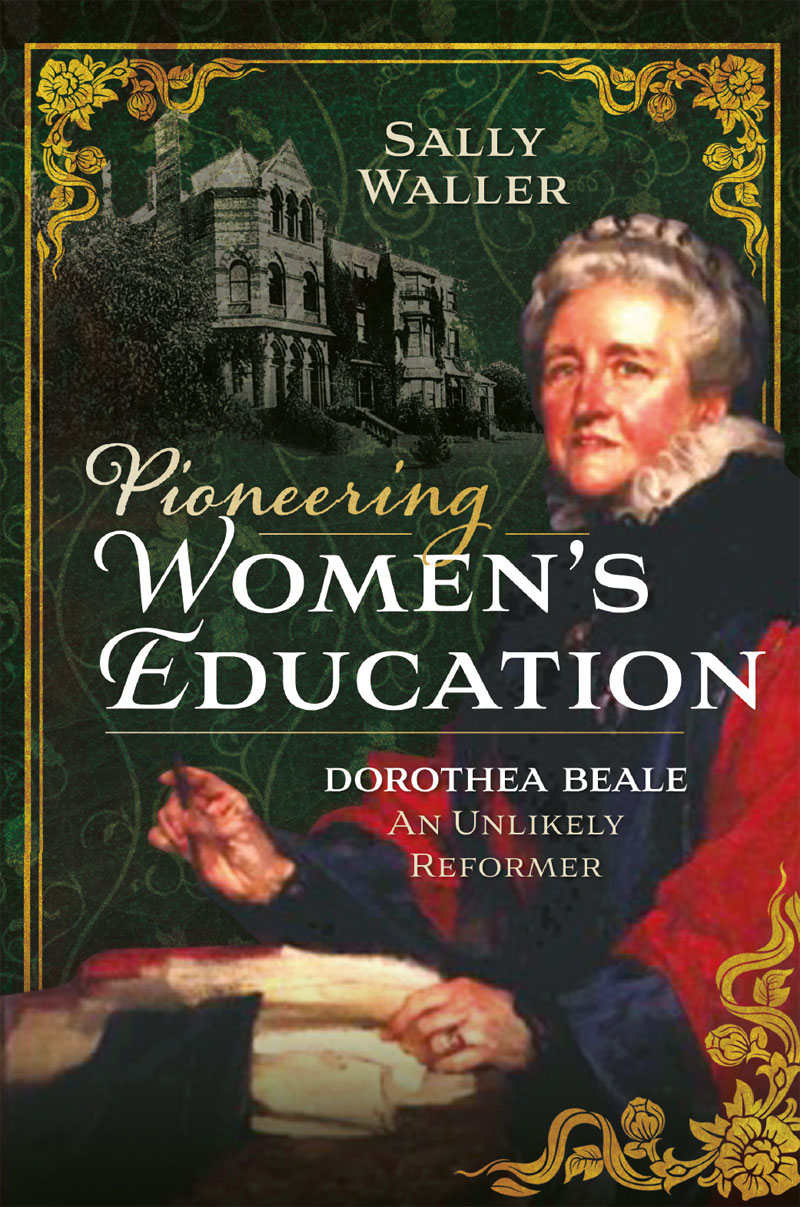
PIONEERING
WOMENS
EDUCATION
PIONEERING
WOMENS
EDUCATION
DOROTHEA BEALE,
AN UNLIKELY REFORMER
SALLY WALLER

First published in Great Britain in 2022 by
PEN AND SWORD HISTORY
An imprint of
Pen & Sword Books Ltd
Yorkshire Philadelphia
Copyright Sally Waller, 2022
ISBN 978 1 39901 229 4
ePUB ISBN 978 1 39901 230 0
Mobi ISBN 978 1 39901 230 0
The right of Sally Waller to be identified as Author of this work has been asserted by her in accordance with the Copyright, Designs and Patents Act 1988.
A CIP catalogue record for this book is available from the British Library.
All rights reserved. No part of this book may be reproduced or transmitted in any form or by any means, electronic or mechanical including photocopying, recording or by any information storage and retrieval system, without permission from the Publisher in writing.
Pen & Sword Books Limited incorporates the imprints of Atlas, Archaeology, Aviation, Discovery, Family History, Fiction, History, Maritime, Military, Military Classics, Politics, Select, Transport, True Crime, Air World, Frontline Publishing, Leo Cooper, Remember When, Seaforth Publishing, The Praetorian Press, Wharncliffe Local History, Wharncliffe Transport, Wharncliffe True Crime and White Owl.
For a complete list of Pen & Sword titles please contact
PEN & SWORD BOOKS LIMITED
47 Church Street, Barnsley, South Yorkshire, S70 2AS, England
E-mail: enquiries@pen-and-sword.co.uk
Website: www.pen-and-sword.co.uk
Or
PEN AND SWORD BOOKS
1950 Lawrence Rd, Havertown, PA 19083, USA
E-mail: Uspen-and-sword@casematepublishers.com
Website: www.penandswordbooks.com
The name of Dorothea Beale and her position as Principal of the Cheltenham Ladies College will often receive a brief mention in books on the development of education or nineteenth-century social history. However, the story of her life, which helps to put her work into context, has received scant attention. Shortly after her death, an ex-pupil, colleague and dear friend, Elizabeth Raikes to whom she had bequeathed her diaries, business documents and correspondence built upon Dorotheas own History of the Ladies College 18531904, to produce a substantial book on her life. Sadly, much of the primary material she used, including the diaries, is no longer extant, but her work is, of course, the starting point for this biography. It must be noted, however, that Elizabeth Raikes was a devoted disciple and Dorothea Beale of Cheltenham reads more like a eulogy than a balanced appraisal. The same is true of two subsequent semi-biographies, both written by ex-pupils: In the Days of Miss Beale by Cecily Steadman and Pioneers of Progress, written for the Society for Promoting Christian Knowledge (SPCK) by Elizabeth Shillito. Josephine Kamms How Different from Us which is a comparative study of Dorothea Beale and Frances Mary Buss is the only published work so far to offer a more rounded appraisal and, when produced in 1958, it was still able to draw on the reminiscences of those who had been taught by or worked with Dorothea.
The passage of time provides an opportunity for a reappraisal. This book does not claim to be an exhaustive account of Dorotheas life and work. Instead, it sets out to provide the necessary biographical detail to enable the general reader to appreciate why Dorothea Beale deserves to be more widely known and acknowledged as a great educational pioneer and reformer. It looks at the influences on her life, examines her character and actions and tries to supply a balanced assessment of her strengths and limitations as a reformer.
As with all historical writing, I have tried to seek out and combine information, stories and anecdotes from a wide variety of sources. I have consulted general historical works, more specific accounts of some of the organizations with which Dorothea was involved, the writings of past pupils and the very informative Ladies College magazines, published twice yearly from 1880. I have found the two histories of the Cheltenham Ladies College by A. K. Clarke and Gillian Avery most useful for detail relating to the school. I also received helpful information from the present management of St Hildas East in London and some valuable source material from the archivist of St Hildas College, Oxford.
It is, however, the Cheltenham Ladies College archivist, Mrs Rachel Roberts, to whom I am most indebted. She has gone to immense trouble to help me, both in supplying documents digitally from the college archives and in responding to my many queries, at a time when the Covid-19 pandemic has made it impossible for me to meet her face to face or work directly in the college archive room. Both my husband, John, and Rachel have also been kind enough to proofread my finished book and I should like to thank them most sincerely for their helpful comments and advice. Of course, I alone bear responsibility for what is written here. I hope readers will find this life story as interesting to explore as I have to research.
Tricycles were not a particularly common sight on the streets of Cheltenham in 1898. Nevertheless, every morning at 7 am, an intrepid lady of 67 might be seen gliding through the town, her black skirts billowing in the wind and her face set with determination. The doughty Dorothea Beale, Principal of the Ladies College in the heart of the town, had only recently bought a tricycle, but it had rapidly become her trusted friend.
Dorothea had not shown much interest in bicycling when it had first become fashionable for young women a decade or so earlier. Indeed, when some staff and day pupils had started bicycling to the college in the mornings, she condemned the practice, believing that a brisk walk provided all the health-giving benefits of good fresh air that an individual needed. In polite society the idea of women riding bicycles was still seen as immodest and fears were expressed that it led women to develop flushed and strained facial features. At the very least, the older generation viewed bicycling as a potentially dangerous activity. Nevertheless, times were changing and Dorothea was eventually persuaded that this new mode of transport had some merits. So, she quietly backed down and even ordered the construction of some bicycle sheds at the college.
In 1895, while out walking on Leckhampton Hill, near Cheltenham, one Saturday, Dorothea slipped and fell heavily, breaking both bones of one leg just above the ankle. She was alone at the time but, with the assistance of some passersby and a helpful farmer, she reached a doctor, who was able to set the leg. Nevertheless, she had to take five weeks out of school, which was quite a punishment for her, and when the splints eventually came off, she had to do exercises to prevent contraction and leg-shortening. She was assiduous in carrying out the doctors orders and she recovered well, but she found the exercises painful and her once-pleasurable walking became tiring and more difficult.
It was in such circumstances that one of her staff suggested that she tried bicycling, to relieve the weight on her joints. Dorothea clearly pondered the idea during her summer holidays of 1898, which on her doctors advice she took away from Cheltenham, staying with an ex-pupil, Miss Amy Giles, at Bonchurch on the Isle of Wight. On her return, she began her bicycling experiment and was pleased to write to Amy: 28 August 1898: The doctor thought me wonderfully well. He highly approves of cycling if I can do it.
Next pageFont size:
Interval:
Bookmark:
Similar books «Pioneering Women’s Education: Dorothea Beale, An Unlikely Reformer»
Look at similar books to Pioneering Women’s Education: Dorothea Beale, An Unlikely Reformer. We have selected literature similar in name and meaning in the hope of providing readers with more options to find new, interesting, not yet read works.
Discussion, reviews of the book Pioneering Women’s Education: Dorothea Beale, An Unlikely Reformer and just readers' own opinions. Leave your comments, write what you think about the work, its meaning or the main characters. Specify what exactly you liked and what you didn't like, and why you think so.

